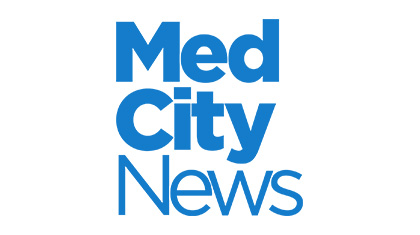
The OpenNotes project, now with more than 5 million participants, has proven highly successful in engaging and satisfying patients. Based on early research presented Monday at the American Medical Informatics Association annual symposium in San Francisco, providing patients with full access to their medical records seems to work pretty well in inpatient environments, too.
And, as with OpenNotes, clinicians initially were apprehensive about opening up so much information to their patients, but most eventually came around to see the benefits of this kind of patient engagement.
That certainly was the case at the University of Colorado Hospital, at least in the context of a small study conducted there. “We should share knowledge and we should be completely transparent with our patients,” said Dr. Jonathan Pell, a hospitalist and informatics champion at the Denver facility.
Nearly two-thirds of physicians, physician assistants and nurses said at the outset of the study that giving patients immediate access to inpatient test results would result in more questions from patients and greater workload for clinicians. The opposite actually happened, Pell said. “Consistent with outpatient studies, patients answered more positively to empowerment questions after being given EHR access,” read the abstract that accompanied Pell’s presentation.
However, more than 90 percent of participating healthcare professionals said that patients access to medication lists would help them find errors, compared to 44 percent of patients who expressed that sentiment. The results were closer to what patients expected.
Read Neil Versel’s article here!



